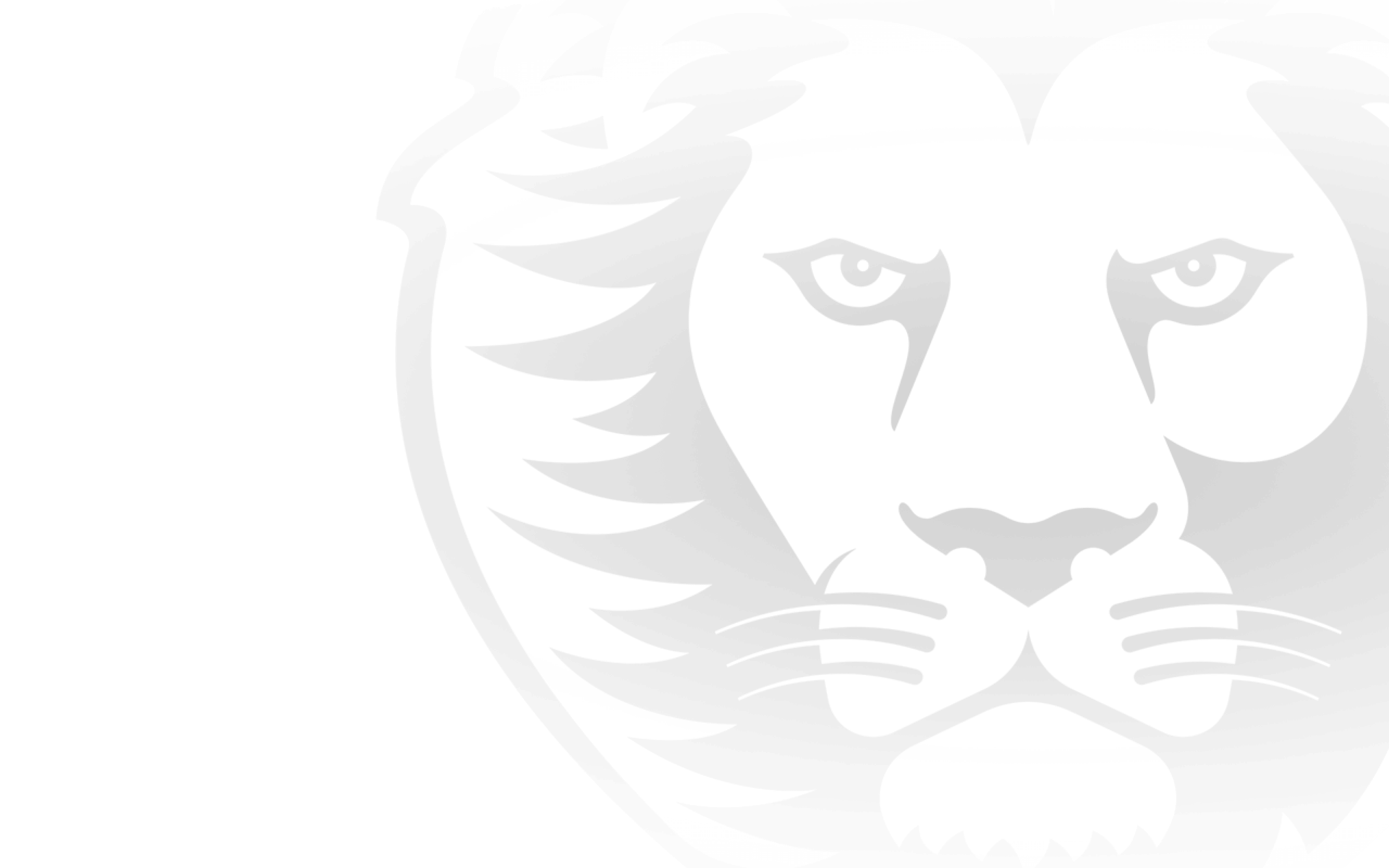Growing up in Brisbane’s suburbs, Ally Anderson never thought to celebrate or learn about Indigenous culture.
But now, the 26-year-old has an insatiable appetite for it, and is viewed by many as a role model.
It’s a journey which has revolved around a handful of different factors.
For Anderson, the initial spark came three hours north-west of Alice Springs, at a remote town named Yuendumu.
Through the AFL Players Care program, she took part in her first Red Dust health promotion tour in 2018.
“It was such an incredible experience and just makes you want to learn,” she recalled.
“I feel if anyone had the opportunity to go, regardless of whether you’re Aboriginal, Torres Strait Islander or non-Indigenous, then you would get that spark of ‘Oh, wow, this is so incredible, and I want to learn more about it’.”
In late 2019, Anderson travelled to Yuendumu again.
And while the Lions star spent much of her week teaching, whether it was helping the community’s kids in the classroom, offering tips on kicking a footy or providing education on healthy living, Anderson says she was the student in many ways.
“I feel like we learn so much more from them,” she said.
“It made me want to connect, and feel confident and comfortable to be able to share what I had learnt.”
Of course, there’s also the family factor.
Anderson’s father hails from the remote Queensland town of Theodore, more than six hours north-west of Brisbane.
It’s where her grandparents, aunts, and uncles still reside, and importantly, hold information about her Indigenous roots.
“I was pretty lucky that the information for me was still mostly there,” she said.
“Any chance that I get to ask my aunties and uncles about different things to do with my family, I definitely ask them now.”
Then there’s Emma MacNeill, an artist and designer of Brisbane’s men’s Indigenous jumpers, and partner of men’s midfielder Mitch Robinson.
Anderson met MacNeill six years ago, playing football for Zillmere in Brisbane’s northern suburbs.
“Over the next few years we got to know each other better, and she became a role model for me,” Anderson said.
“She’s been in my life ever since and I think that’s the way that she approaches our culture, it’s so passionate and she wants to teach people, she wants to educate.
“With her kids, she wants to pass on what she knows to them, whether that be language or art.
“Especially at that time when I didn’t really know much, and she obviously knows a lot, she’s someone I can always turn to when I need to find out something.”
On the field, Anderson excels.
Across her career, she’s averaged 16 disposals, three marks, and four tackles per game.
But aside from using the AFLW to showcase her sporting prowess, she is also using it as a platform to illustrate the most important factor in the Anderson story: pride.
“The most important thing for me is having that pride and celebrating myself and my culture, because, growing up, I never really did,” she said.
And now, the AFLW’s inaugural Indigenous Round is fast approaching.
“We’ve seen it implemented in the men’s competition and I absolutely love that round,” she said.
“I love all the celebrations that they get to do, and now this year it’s been officially implemented, so it’s good that we get a chance to show our culture within the AFLW as well.”
The AFLW stage, combined with her job as a teacher’s aide, has lifted Anderson into her own role model status.
“I work at a school with Indigenous kids, and I’m trying to teach them and get them curious and interested in finding out about their family,” she explained.
“I never used to [view myself as a role model], but definitely now I think the more that I get involved, the more that I think these kids look up to me, and it’s a heart-warming feeling.
“It’s important, and it makes me feel like I’m having an impact on people.”
Beyond the school zone, Anderson continues to teach others about her culture.
“I started doing some education sessions within our own Lions group and I think it’s about sharing what I have learned with my knowledge,” Anderson said.
“Sharing that knowledge with them, I feel like that’s made me connect with my culture even more.
“At the Lions I’ll help wherever I can, and they’ve been very welcoming and willing to learn.”


